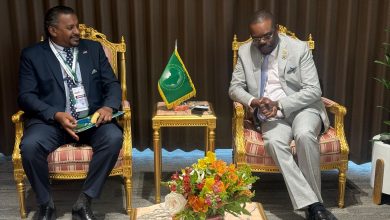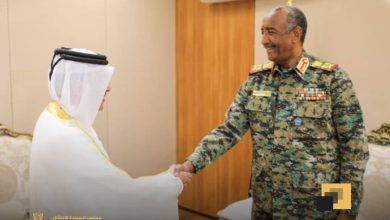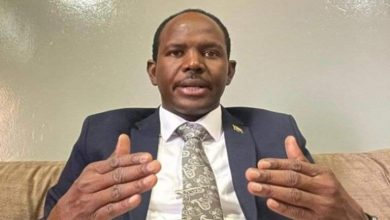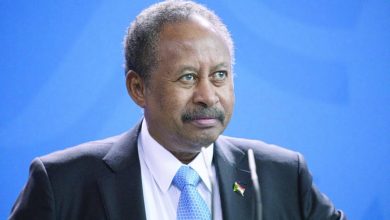The Government Rejects UN Statements
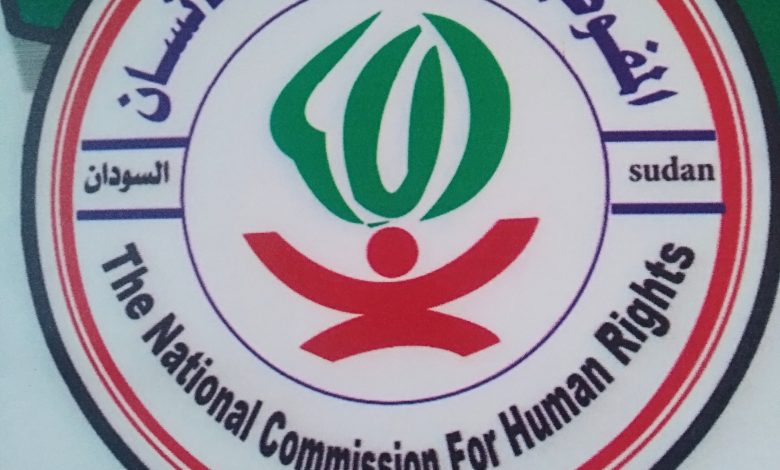
Sudan Events – Follow-ups
The National Human Rights Mechanism expressed its rejection of the statements made by the official spokeswoman for the High Commissioner for Human Rights in Geneva on May 17 regarding the violent events in the city of El Fasher, and expressed its regret for the losses these events caused among citizens.
The Mechanism believed that what was included in these statements about the situation in the city of El Fasher; Calling the attack hostilities between the Sudanese Armed Forces and the Rapid Support Militia is not correct because it equates the aggressor with the assaulted.
The National Mechanism confirmed that this approach followed by the High Commission in its equality between the two parties does not help deter terrorist militias and mercenaries who work in its ranks. Rather, it gives them the green light to continue their aggression and repeated violation of international humanitarian law and international human rights law in blatant defiance of the will of the international community in this regard.
The National Mechanism denounced the failure of the High Commission to name those who attack the city of El Fasher, target civilians and camps for the displaced, spread terror among defenseless citizens and prevent relief from reaching them. It also did not indicate any condemnation agaist the terrorist rebel Rapid Support militia, even though the militia itself has repeatedly announced its plans to attack the city. It prevented humanitarian aid from reaching it, and it has already done so, without this being met with the condemnation, denunciation and rejection it deserves from the High Commission.
The Mechanism added, “Instead of the commission demanding that the aggressor stop his aggression, punishing him and criminalizing him, it includes in the condemnation the armed forces that defend the city and its people as the regular army that carries out the tasks assigned to it according to the law and the constitution.”
The National Mechanism indicated that it welcomed the visit of the High Commissioner in his first foreign visit following his election as High Commissioner, which was in November 2022, during which he visited the city of El Fasher and met with the leadership of the state, non-governmental organizations and representatives of the displaced, and his promise that he made to contribute to raising the capabilities of workers in Human rights are awaiting implementation, and it seems that the Commission is deliberately ignoring the fact that the areas and cities that have not been affected by terrorist militia attacks enjoy peace and have humanitarian needs, and that the militia brings with it killing, devastation, and humanitarian crises.”
The mechanism renewed the commitments of the Government of Sudan within the framework of its response to indicators of the humanitarian crisis in Darfur in general and in El Fasher in particular; It intended to open paths for humanitarian work, most notably the Port Sudan-Al-Dabba-Malit-Al-Fasher path, which houses large numbers of displaced people, despite the terrorist RSF militia’s obstruction of that by attacking the Mellit crossing and then attacking the city of El-Fasher.
While it announced its rejection of what was mentioned in the statements of the official spokeswoman for the High Commission in her reference to (the areas under the control of their respective forces), in a clear intention to equate the armed forces; The legitimate institution in its defense of the citizens of El Fasher; The RSF militia that initiated the attack. The National Human Rights Mechanism reminded the High Commissioner of its humanitarian responsibilities under international humanitarian law to pressure the rebel militia. The Mechanism urged them to stop attacking citizens and safe cities; Implementing the Jeddah Agreement; And to leave the homes of defenseless citizens and not to intercept humanitarian aid in any areas, and to instruct United Nations organizations to put pressure on the regional sponsors of the militia, whose supplies of weapons and mercenaries are still continuing, which enables it to continue its attacks on safe areas, remindinh it of the constructive cooperation existing between the national mechanism and the mechanisms of the Commission, including It includes the country office and the appointed expert, although there are many.
The mechanism expressed its hope that the High Commission would review its position, take the moral stance it must in order to promote and respect human rights, and work to explicitly condemn the rebel Rapid Support militia after the world saw the extent of the grave human rights violations it committed against defenseless citizens.
The National Mechanism called on the High Commission to work in accordance with its tasks; In accordance with international standards based on international laws and regulations to promote, support and improve the situation of civil, political, social and economic human rights in Sudan, and the necessity of adhering to the principles of objectivity and non-selectivity and avoiding double standards and politicization of human rights.
